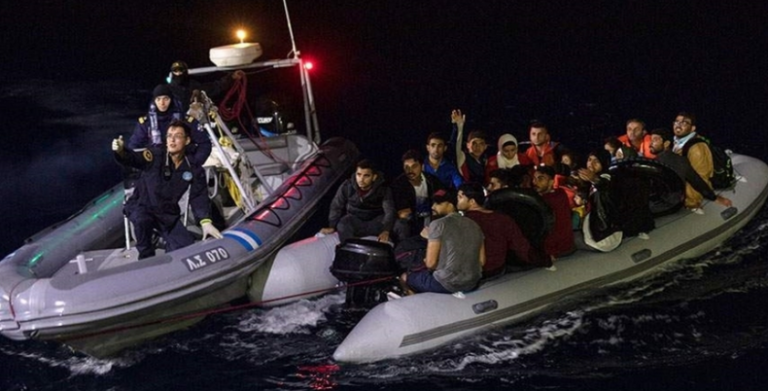According to a report from Sputnik, the leader of the opposition Danish People’s Party, Kristian Thulesen Dahl, called the $4.8 billion annual toll levied on the state’s coffers by non-western immigration “astronomical” and proposed a massive deportation program.
The net cost of immigration from non-western countries was DKK 31 billion ($4.8 billion) in 2018, the Danish Ministry of Finance said in an annual report.
The figure is based on state spending for public services related to immigration and welfare benefits received by immigrants and included state expenditures on healthcare, child care, education, and culture. By contrast, tax contributions were deducted from the total.
The Finance Ministry said that the figure was DKK 2 billion ($310 million) less than in 2017, and DKK 11 billion ($1.7 billion) less than in 2015.
All EU and European countries alongside the US, Canada, Australia, and New Zealand are considered western. Everywhere else – Latin America, Africa, and Asia – is considered non-western. People of non-western heritage are divided into immigrants and descendants, based on the place of birth.
However, the Danish authorities have added another subdivision – namely MENAPT countries (Middle East and North Africa plus Pakistan and Turkey). People from the MENAPT nations made up around 55 percent of all non-western immigrants and descendants in 2018, yet cost the state a staggering DKK 24 billion ($3.7 billion).
Presented as a per-person cost, immigrants and descendants from MENAPT countries cost the Danish state DKK 85,000 ($13,000) per person in 2018, as opposed to DKK 4,000 per person for people from other non-western countries.
The report identified different reasons for moving to Denmark as one of the explanations for this disparity. Whereas a larger proportion of people from MENAPT countries arrive in Denmark as refugees or for family reunification, immigrants from other countries are more likely to move to Denmark to either work or study.
Immigration and Integration Minister Mattias Tesfaye cited the falling total spending on non-western migrants as a vindication of the government’s strict stance on immigration, referring to “a large integration lag”.
“But I am happy it shows net spending on immigrants and descendants continues to fall. It’s good news. Strict immigration policy works”, Tesfaye said, as quoted by the newspaper Avisen. “This is why the government wants to introduce a 37-hour work obligation, where there must be a close connection between the citizens’ efforts and benefits. We want to replace the existing benefits logic with a working logic”, Tesfaye said.
In contrast, the chairman of the national-conservative Danish People’s Party, Kristian Thulesen Dahl, called this an “astronomical” figure. He urged to reduce spending and bolster Danish welfare.
To achieve this, the Danish People’s Party together with former Immigration Minister Inger Støjberg, who’s turned into a maverick MP, propose deporting 70 percent of immigrants by 2030, if they have committed something criminal, haven’t mastered Danish, or have been unemployed for a long time.
Consecutive Danish governments have been tightening the country’s immigration policy in a bid to boost integration and rid the nation of what is officially designated as ghettos.
Ask me anything
Explore related questions





